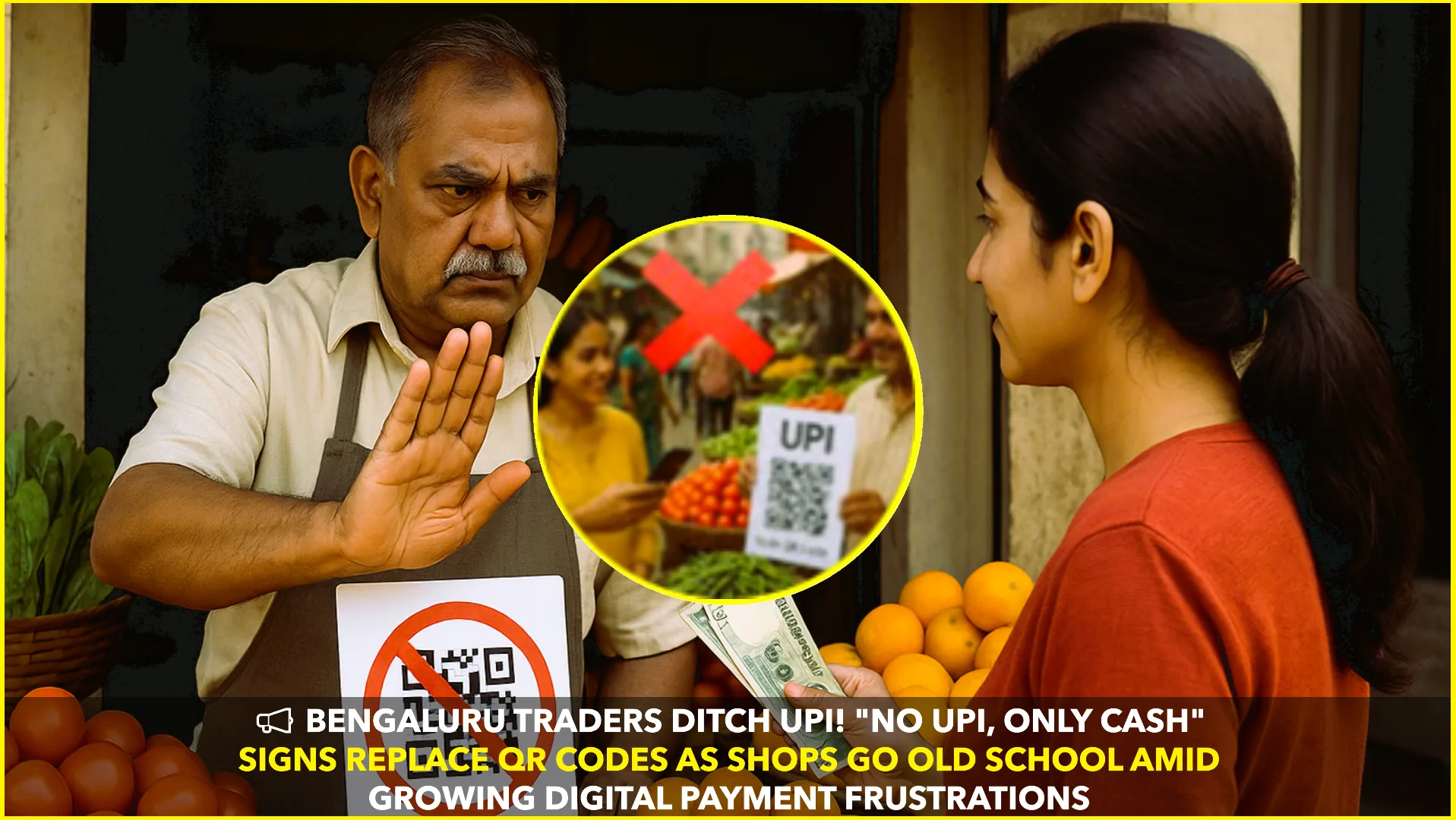As the world becomes more digital, the intersection of cybersecurity and politics is growing increasingly complex. Cyberattacks targeting political campaigns, government institutions, and political figures have become a major concern. Recent incidents, such as the struggles faced by the Teamsters union during their endorsement process, demonstrate how cyber breaches are affecting political events at all levels.
With the 2024 U.S. elections approaching, the threat of cybersecurity breaches in political campaigns looms large. This article explores the rising intersection of cybersecurity and politics, the tactics used by cybercriminals, and how political campaigns can better protect themselves against these growing threats.
Cyberattacks and Political Campaigns: An Increasing Concern
Cybersecurity breaches in political campaigns are not a new phenomenon, but they are escalating in scale and sophistication. The 2016 U.S. Presidential election marked a turning point, with Russian interference via hacking and disinformation campaigns raising global awareness about the vulnerability of political campaigns to cyber threats. Since then, similar incidents have occurred, both in the U.S. and worldwide.
Recently, cyberattacks linked to political events have made headlines again. The Teamsters union, a major player in U.S. labor politics, faced internal cybersecurity struggles during its endorsement process. This incident, which drew attention from both political observers and cybersecurity experts, underscores the critical role that digital security now plays in political decision-making and campaign processes.
As we approach the 2024 U.S. elections, experts warn that cyberattacks targeting political campaigns will likely increase. Hackers are drawn to the sensitive nature of political campaigns, seeking to disrupt, manipulate, or steal confidential information to sway public opinion or gain leverage.
Common Tactics Used in Cyberattacks on Political Campaigns
The methods used by cybercriminals to target political campaigns vary, but some of the most common tactics include:
- Phishing Attacks: Campaign staff, volunteers, and even candidates are often targeted with phishing emails designed to steal login credentials or sensitive information. These emails may appear to come from trusted sources but contain malicious links or attachments.
- Ransomware: In ransomware attacks, hackers encrypt a campaign’s critical data and demand a ransom to restore access. This can paralyze a campaign during critical moments, such as in the final weeks leading up to an election.
- Distributed Denial-of-Service (DDoS) Attacks: These attacks flood campaign websites or servers with traffic, causing them to crash or become unavailable. Such attacks can prevent campaigns from disseminating information to supporters or handling donations.
- Disinformation Campaigns: Beyond direct cyberattacks, disinformation and social media manipulation are becoming increasingly sophisticated. Foreign and domestic actors use social media platforms to spread false or misleading information, damaging reputations and trust in the electoral process.
- Insider Threats: Campaigns must also be wary of insiders who might leak sensitive data. Whether driven by financial incentives or political motives, insiders can cause significant harm by exposing internal communications or strategy.
Why Political Campaigns Are Vulnerable
Political campaigns often operate under tight deadlines, with limited budgets and resources. This can make it difficult to prioritize cybersecurity. Many campaigns rely on volunteers and temporary staff, which can lead to inconsistent security practices. Additionally, campaign staff may not be well-versed in cybersecurity best practices, making them more susceptible to phishing attacks or other forms of manipulation.
Moreover, political campaigns are often considered high-value targets due to the sensitive information they possess. This includes voter data, internal strategy documents, and communications between candidates and key stakeholders. Hacking into this data can give cybercriminals leverage to influence an election’s outcome or destabilize political institutions.
The Role of Government and Regulatory Bodies
In the wake of these growing threats, governments and regulatory bodies are taking steps to bolster election security. For example, the Cybersecurity and Infrastructure Security Agency (CISA), a part of the U.S. Department of Homeland Security, works closely with campaigns to provide guidance and resources on how to protect themselves from cyberattacks. CISA’s mission is to secure the nation’s critical infrastructure, which includes election systems.
However, critics argue that more must be done to safeguard the integrity of elections, particularly as foreign interference becomes more sophisticated. Regulatory measures and greater transparency in campaign security protocols may be necessary to prevent cybercriminals from exploiting weaknesses in political systems.
How Political Campaigns Can Protect Themselves
As cyber threats continue to evolve, political campaigns must take proactive steps to secure their digital operations. Here are some best practices for campaigns looking to strengthen their cybersecurity defenses:
- Invest in Security Tools: Political campaigns should allocate a portion of their budget to cybersecurity tools and services, such as secure email platforms, firewalls, and encryption software.
- Regular Training: Campaign staff should be regularly trained on recognizing phishing attempts and other forms of social engineering. Awareness of potential threats can prevent many attacks from succeeding.
- Implement Multi-Factor Authentication (MFA): Requiring MFA for email and other digital services adds an extra layer of security, making it harder for cybercriminals to gain access to sensitive accounts.
- Backup Data: Campaigns should regularly back up important data and store it securely. This can help mitigate the damage caused by ransomware attacks or data breaches.
- Collaborate with Experts: Campaigns can work with cybersecurity experts to audit their systems and ensure that all digital assets are properly secured. Experts can also assist with monitoring potential threats and responding to incidents quickly.
Conclusion: A New Battlefield in Politics
Cybersecurity breaches in political campaigns represent a new and growing battlefield in modern politics. As cybercriminals become more adept at exploiting vulnerabilities in campaign infrastructures, the importance of robust cybersecurity practices cannot be overstated. With the U.S. elections fast approaching, political campaigns must recognize the seriousness of these threats and take decisive steps to protect themselves and their supporters.
For more insights on election security and political trends, check out our related articles on election security strategies and digital threats in political systems. To stay updated on cybersecurity news, visit POLITICO for the latest developments.
Internal Links
External Links










